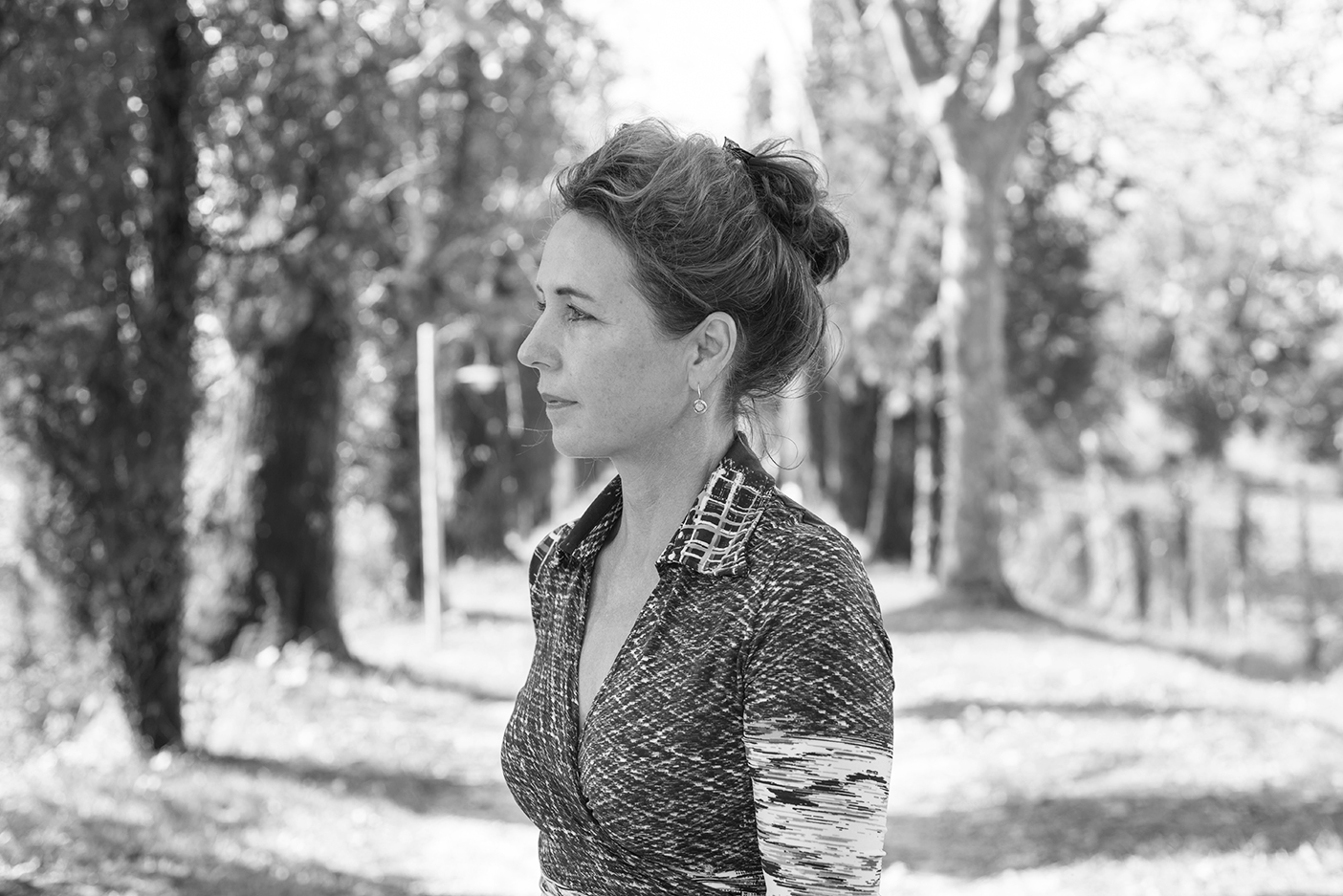Margie Orford on UCT’S Disinvitation of Flemming Rose and a Call for Responses
01 Aug 2016

Dear friends
Many of you will have followed the intense debate that has swirled around the rescinding of an invitation to the Danish journalist and writer, Flemming Rose, to give the TB Davie lecture on Academic Freedom at the University of Cape Town this month. The letter by the Vice Chancellor, Max Price, disinviting him stirred both confusion and controversy and heated debate as is evident in the response from the Academic Freedom Committee. There have been a number of damning responses in the press including pieces from Index on Censorship, Kenan Malik, David Benatar, Justin McCarthy, Mohammed Jameel Abdullah, Nathan Geffen and Pierre de Vos.
The ‘disinvitation’ of a speaker – Flemming Rose is a controversial one, to be sure – by the University of Cape Town throws into question the nature of academic freedom and free speech.
PEN South Africa has to make a response – issues like this one is at the heart of our work – and this issue has occupied the board and served as a lightening rod for a robust, thoughtful and invigorating debate between colleagues I respect and admire. We have discussed at length the nature of free speech, academic freedom, asymmetries of power and access in the context of South Africa’s history and its complex and fractious present moment of radical re-imagining.
Freedom of speech carries with it the reciprocal obligation to listen. Many hold the view that free speech is a political and conceptual frame without which it is difficult, if not impossible, to defend the rights of individuals to say things that are disruptive, critical and unsettling with safety. There are others who feel a more nuanced view is needed, that content – i.e. the nature of the speech that is defended – is important, as is context and history.
These discussions have been challenging and complex. Complexity takes time. South Africa and its universities are at a critical juncture in terms of defining themselves and how their freedoms are exercised. I have given this a great deal of thought – ably assisted by the members of the board.
It is for that reason that we are making use of the discursive space that PEN holds, an interrogative space in which members of the board and PEN members and members of the wider community can contribute to this discussion that goes to the heart of our identity as writers and as citizens.
The next newsletter will be in three weeks time. At that point we will publish a range of opinions on this matter. All of us are fully committed to the principle of free speech and to academic freedoms but this seismic event has made all of us – me especially – consider how one takes this debate forward. How one ensures reciprocity and generosity of thought in a world increasingly riven by polarized views and a refusal of the views of others.
I look forward to your responses and to the conversation that will – I am sure – be very heated at times.
With best wishes in this cold winter
Margie Orford
President
PEN South Africa
Please send your submissions on this topic to communications@pensouthafrica.co.za by 15 August 2016.
(Photograph of Margie Orford by Giorgia Fanelli)
